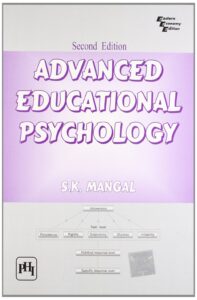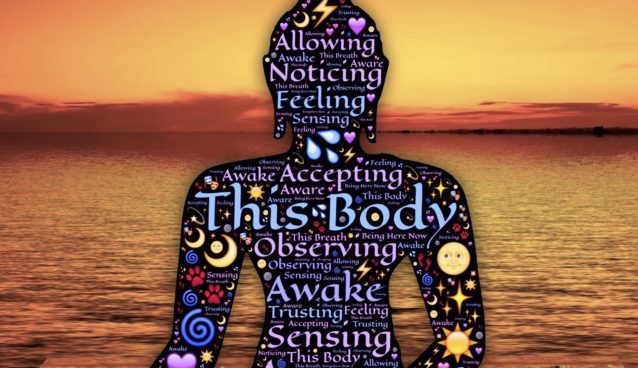According to Skinner : “Educational Psychology is that branch of psychology which deals with teaching learning”.
According to Crow and Crow : “Educational Psychology describes and explains the learning experiences of an individual from birth to old age”.
Educational Psychology is an attempt to apply the knowledge of psychology in the field of education. It is a branch of psychology which studies the behaviour of the learner in relation to his educational needs and his environment.
Thus, Educational Psychology helps to fulfill the aims and objectives of education by applying the knowledge, theories and investigations of psychology.





